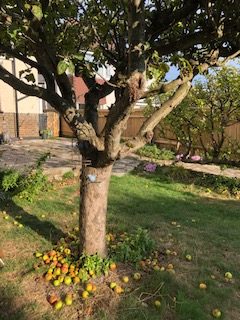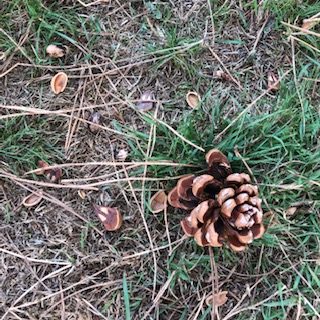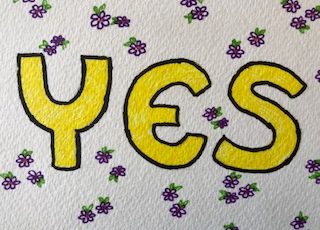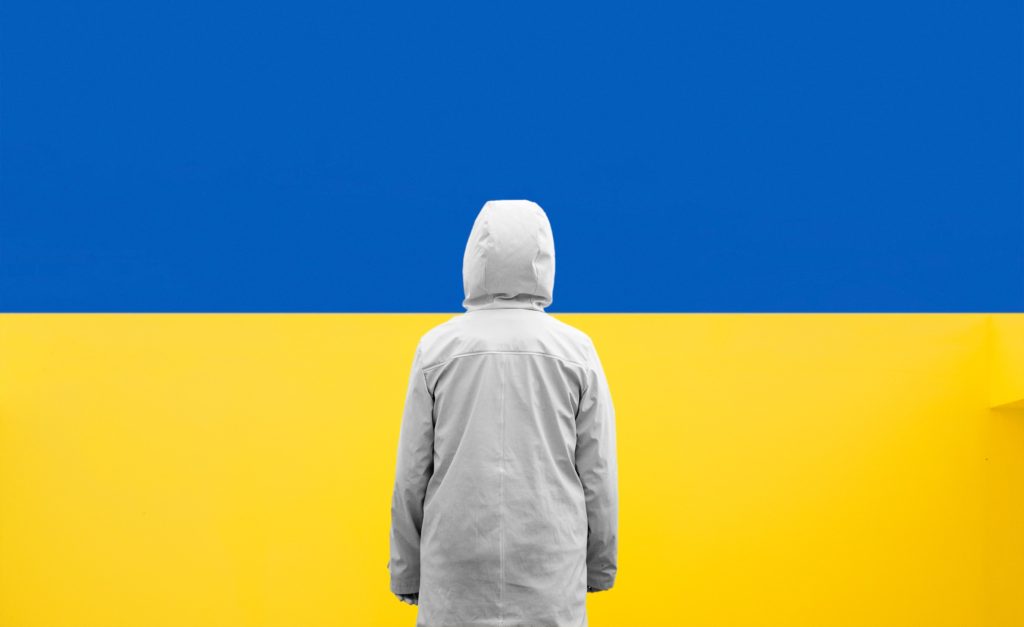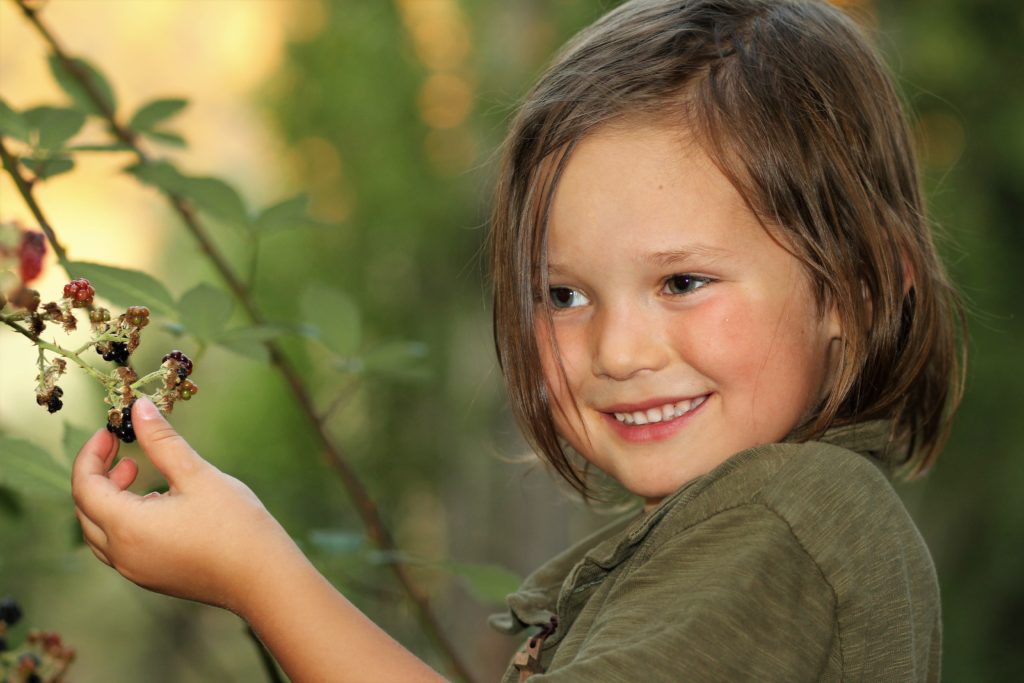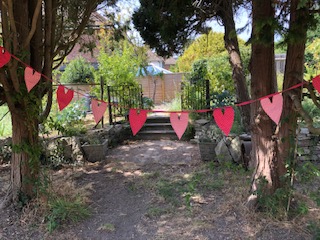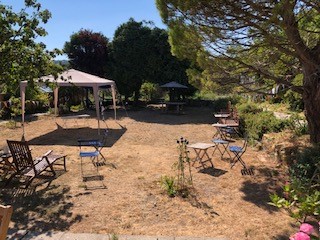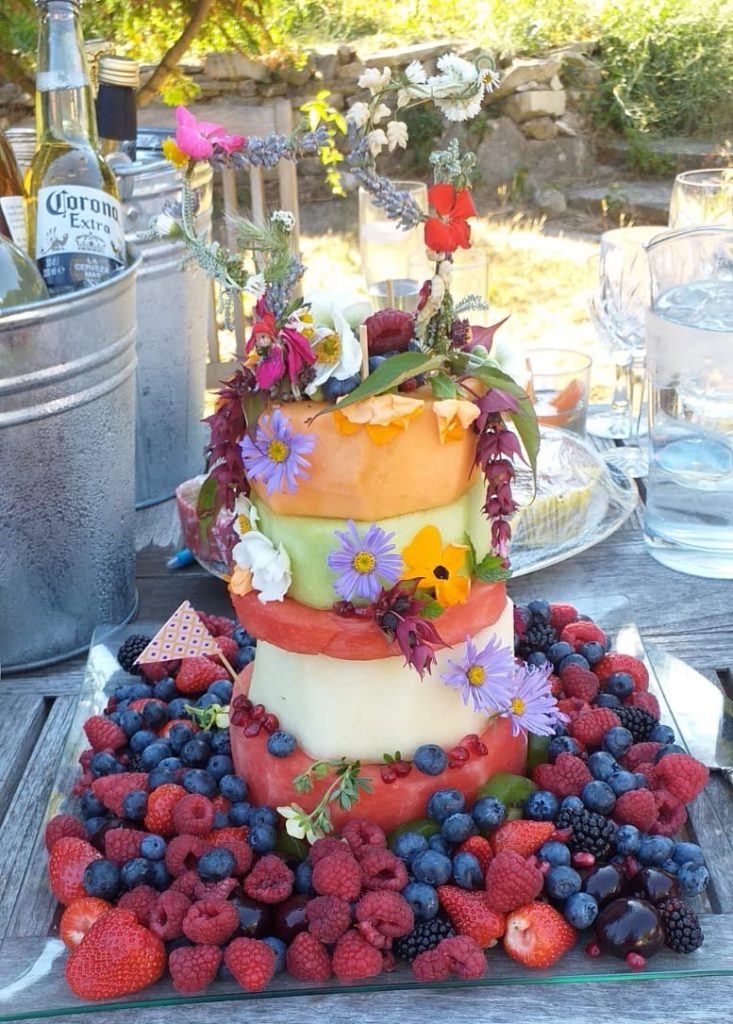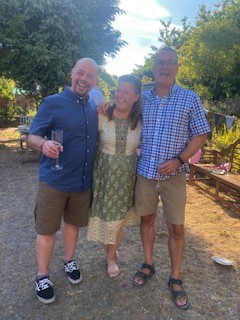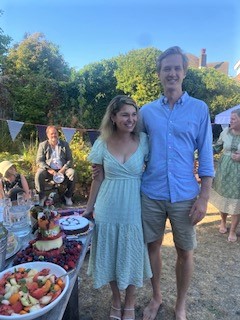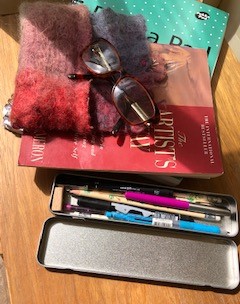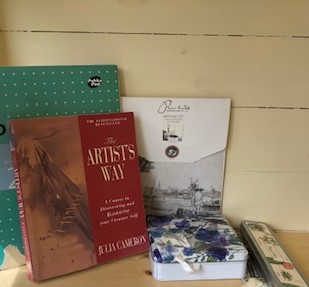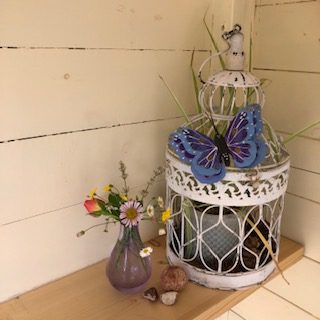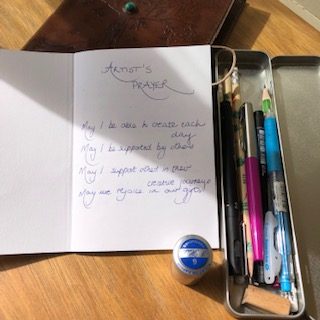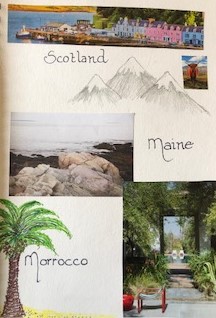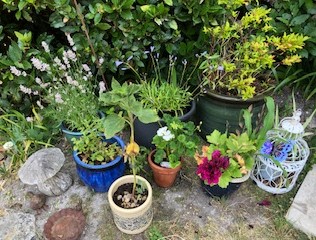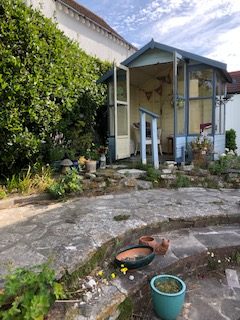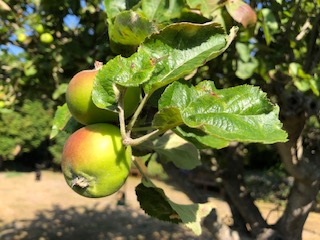The idea for this blog came from my husband. ‘Why don’t you write about the dangers of anticipating a specific future?’ he said.

It certainly sounded an interesting topic and one that we are all too painfully aware of following the endless cancelled plans during the pandemic. My son’s wedding is also on our minds: so much arranging, expense, organisation and energy for a fleeting day. What if anyone gets sick; flights are cancelled or delayed? What if, what if, what if.
Which is when I started to think of the flip side of anticipation – the dark side, if you will, that says that everything will be a disaster. Catastrophising is just anticipation turned on its head. So my musings today will be on the dangers of each and if I can, I shall offer some ways we can curb, if not entirely avoid, these hazards.
The Perils of Perfectionism

Life, as we know, seldom goes to plan, yet still we invest in a future event that we hope to be perfect: a holiday with ideal weather; a new child with exceptional gifts; a celebration that goes without a hitch. What are we thinking?
When we expect or even hope for perfection we are positively taunting the gods into action: that is, to foil us.
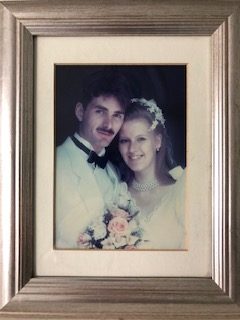
Image: Karen Costello-McFeat
My own wedding day, which turned out to be a very happy one, began on a different note. I will not bore you here with all the things that went wrong, but for a moment there, I thought my husband might be walking down the aisle by himself!
Managing expectations
Here, as in all the other important occasions of our lives, we need to ditch the Hollywood, airbrushed model of life and simply enjoy the moment as it is. Often it is the very things that go awry that break the tension and allow us to laugh at ourselves. More often than the things that went perfectly, they are the stories we pass on to our own children. Not being perfect doesn’t mean terrible. It only means true.
Managing expectations doesn’t only apply to the major events in our lives, it applies to all of it. Has my life turned out as I expected it to? Hell, no! On any objective scale, it is an absolute disaster. Yet, I wouldn’t have it any other way. Whatever I lost: employment, my previous, beautiful home and my health has been compensated. I may not be able to work, but I can write and create. I love my new home even more than the previous one. With poor health has come acceptance and understanding. I could never have foreseen such. How could I when we are brainwashed into thinking that ‘negative’ change is always disastrous?
Aiming high not aiming low
Having said all that, I do think that it is always worth doing the very best you can. If we aim high and fall short, we are just a little off our goal. If, in despair we aim low, we cannot achieve any more than that. Often, when our expectations are thwarted, we imagine there is nothing worth striving for. Such an outlook may protect us from a specific disappointment, but it ultimately leads to a disappointing life. So aim for wonderful and hopefully you will enjoy something good.

The Siren Song of Catastrophe
Perhaps it is my age, but I seem to be surrounded by folks who, like Chicken Licken, are always pronouncing that the sky is falling in. The latest news story throws them into a tail-spin of epic proportions. The media, of course, thrives on such and social media is its amplifier.
And the temptation to catastrophise is seductive. There are few things more exciting than a disaster (so long as it doesn’t touch us too closely). The energy crisis, for example, was set to see us all shivering in fingerless gloves in a sort of Dickensian dystopia. Except, it won’t. The Government has taken steps to avoid that. Catastrophe over. What’s next?
Predicting disaster has energy and drama to it. Suggesting that everything will be fine, does not. The benefit to catastrophising is a rapt audience, news to tell and excitement, but the disadvantage is that it skews our whole view of the world. When we are constantly focused on the worst case scenario, we are ignoring all the very magical things that are occurring in front of our eyes. We are not experiencing the now, as Eckhart Tolle would put it, but only an imagined (and terrifying) future.
In the most damaging variant of this, we create a sort of self-fulfilling prophesy. We convince ourselves that our plans will never work or succeed and, sure enough, we are right. For if we act without faith, we cannot hope for victory.

In the fairy tale, Chicken Licken and his followers are led into the fox’s den. In the original, they are eaten by the fox, thus demonstrating that by believing in the worst, we head straight into it.
In later, more sanitised versions, the chick and his companions escape, though cannot remember what set them on their path in the first place. For who remembers the media-fed terrors that haunted us only weeks ago?
If all the unexpected events in my life have taught me anything at all, it is this. Our control over the world is scant indeed, though it need not cause us to fear, because if we accept what is offered each day with grace and thanks, there is little that can upset our equilibrium.
Of course, I look forward to future events – our trip to Maine for my son’s wedding most of all. However, knowing that there will be set-backs and problems allows me to enjoy that anticipation with less anxiety. And if the sky really does fall in? Well, I’ll just deal with that when it happens.
.



